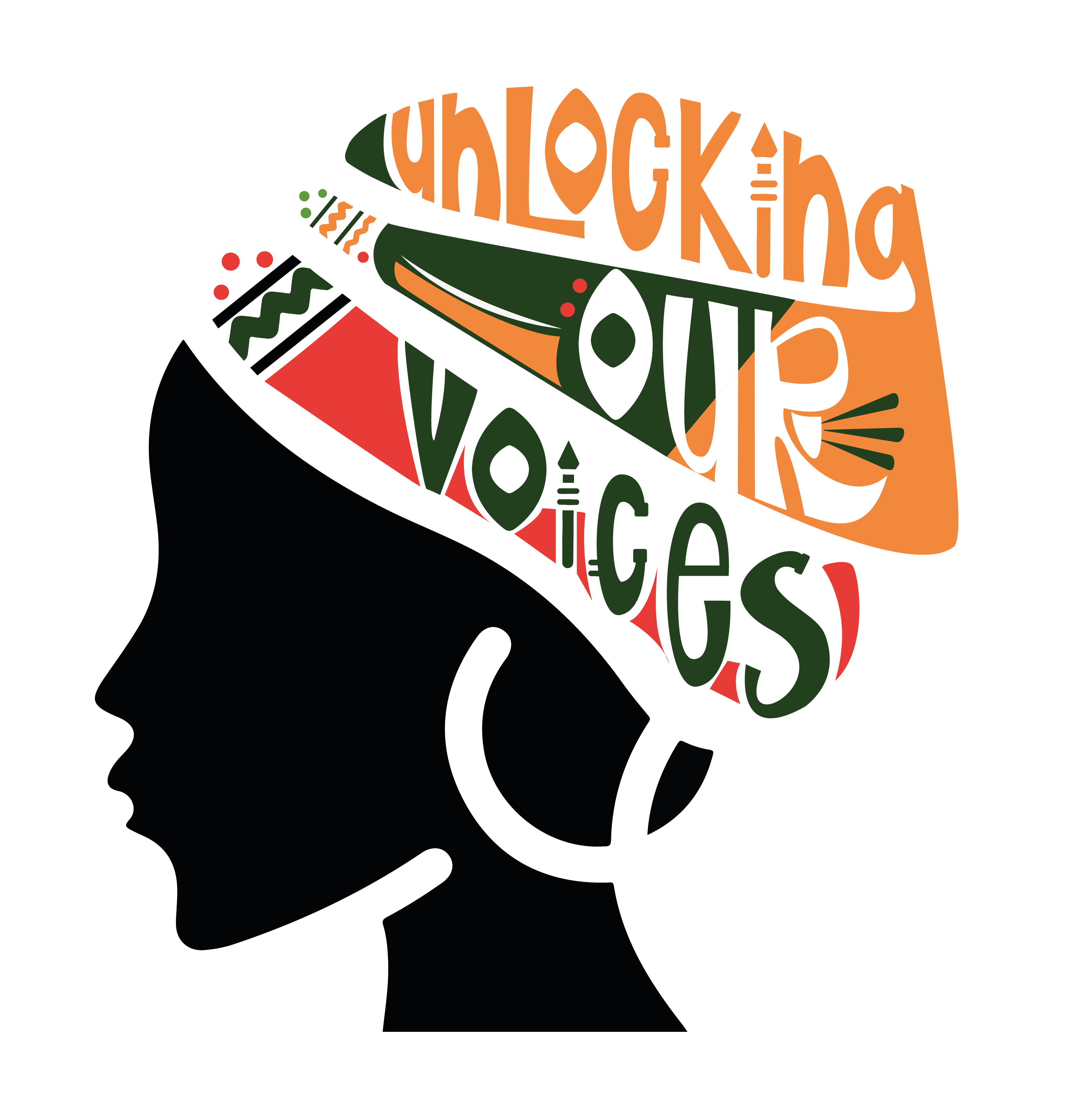The Dogon people of Mali
The Dogon Initiative LLC, which is the owner of Unlocking Our Voices, got its inspirational name from The Dogon people of Mali. Believed to have originated from ancient Kemet, Modern Day Egypt, the Dogon people of Mali are living proof of Black resilience and preservation of cultural identity. Refusing forced conversion to Islam, they fled their homeland and settled in the Bandiagara escarpment between the 14th and 16th centuries. This move ensured their survival and protection of their rich cultural heritage.
Tracing their roots back to the 10th century, the Dogon's advanced cosmological understanding has long fascinated the world. In particular, their incredible knowledge of Sirius A and Sirius B (a dwarf star invisible to the naked eye) that Western astronomers discovered only in the 20th century—has astonished modern scientists from a long time. Their understanding of the cosmos, particularly Sirius B, is a testimony of the African genius at a time when Europeans believed that the world was flat.
Known for their mysterious animistic religious beliefs, the Dogon's rituals are surrounded by art, passed down through generations. Their core beliefs lie in deep ancestral worship that honors their ancestors and the recently dead.
The Sigui or the stilt and mask dances is one of their most famous traditions. It's celebrated once every 50 years in honor of Sirius B completing its orbit around Sirius A. Symbolizing the passing of ancient culture and tradition from one generation to another, the Sigui has families wearing a new mask that wasn't used in prior celebrations.
The legacy of the Dogon people has inspired Unlocking Our Voices to reconnect with our ancestral roots and celebrate the profound wisdom and rich cultural legacy within our Black heritage. The Dogon people remind us of the power of reclaiming our narratives and honoring the strength of our people.
Marie A. Hicks
Known as the "Rosa Parks of Girard College", Marie Hicks was a driving force in the desegregation of the school in Pennsylvania. Born in Harlem, NY in 1923, Hicks faced family tragedy early on as her husband died due to cancer-related complications in 1964, leaving her a single parent. Struggling financially and looking to improve their quality of life, she was able to secure admission to Girard College for her sons. The school operated as a private boarding school exclusively for fatherless white boys.
On her walks, Hicks had seen the austere, 10-foot wall surrounding Girard College, and assumed it was a jail. Her opinion changed when she stepped inside the Founders Hall for a Boy Scouts award ceremony for her eldest son, Junius Jr.
"I really enjoyed the ceremony — it was about an hour or so, and the Girard band played," she told the Philadelphia Daily News in 1985. "But when I saw how beautiful everything was, it made me even more angry that no Black boys were allowed in. I figured after that I would never get in there again."
After her sons were denied admission, she consulted other parents and an attorney, and joined the federal discrimination suit filed against Girard College by Cecil B. Moore, president of the Philadelphia NAACP, and lawyer William T. Coleman in 1965. She led thousands of pickets around the wall in protest against racial discrimination and was joined by Martin Luther King Jr.
Her fight for justice culminated in 1968 in a legal victory that forced Girard College to open its doors to Black students. Her son Charles became the first black graduate, while her son Theodore became the first African American valedictorian in 1977.
Standing as a powerful symbol of courage and determination, she paved the way for future Black youth to receive the education they deserved. Later, she became a key activist in Philadelphia during the American Civil Rights movement.
Her unwavering pursuit of justice reminds us that the fight for equality is a collective effort. She is a powerful reminder that when we raise our voices to challenge unjust systems, Black youth thrive.
Francia Márquez
Colombia, which has 10%-14% Afro-Colombians, equalling 5 million black people, have long played a significant role in that country’s history, but they have never been truly recognized for their contributions. Francia Márquez is one of those Afro-Colombians whose voice refuses to stay silent when it comes to fighting for justice and equality for blacks and indigenous people in Colombia.
Her journey from a small Afro-Colombian village to becoming the first Black vice president of Colombia is a story of Black excellence, resilience, and uncompromising dedication to justice. Born into poverty, she first got into activism at 13, when a dam construction threatened her community.
In 2009, she led protests against the government that were related to evicting Afro-Colombians, especially artisanal miners from their ancestral land. She became La Toma's legal representative in 2013; in 2014 she led 80 women on a 10-day, 350-mile march from Cauca to Bogotá, pressuring the government to remove illegal miners from her ancestral lands. As a result of her tireless fights to protect her people from environmental damage and displacement, she was awarded the Goldman Environmental Prize in 2018.
Márquez announced her candidature for the 2022 presidential elections in April 2021, joining Gustavo Petro, an economist, long-time legislator, and a former rebel fighter. By that time, she was a national phenomenon, and Petro and Márquez won. Both Petro and Márquez ascended to the presidency paving the way for her to become Colombia's first Black vice president.
At Unlocking Our Voices, we're inspired by Márquez's story of Black leadership affecting global change. Her story serves as a reminder that true empowerment comes from standing firm and advocating for the well-being of future generations.


